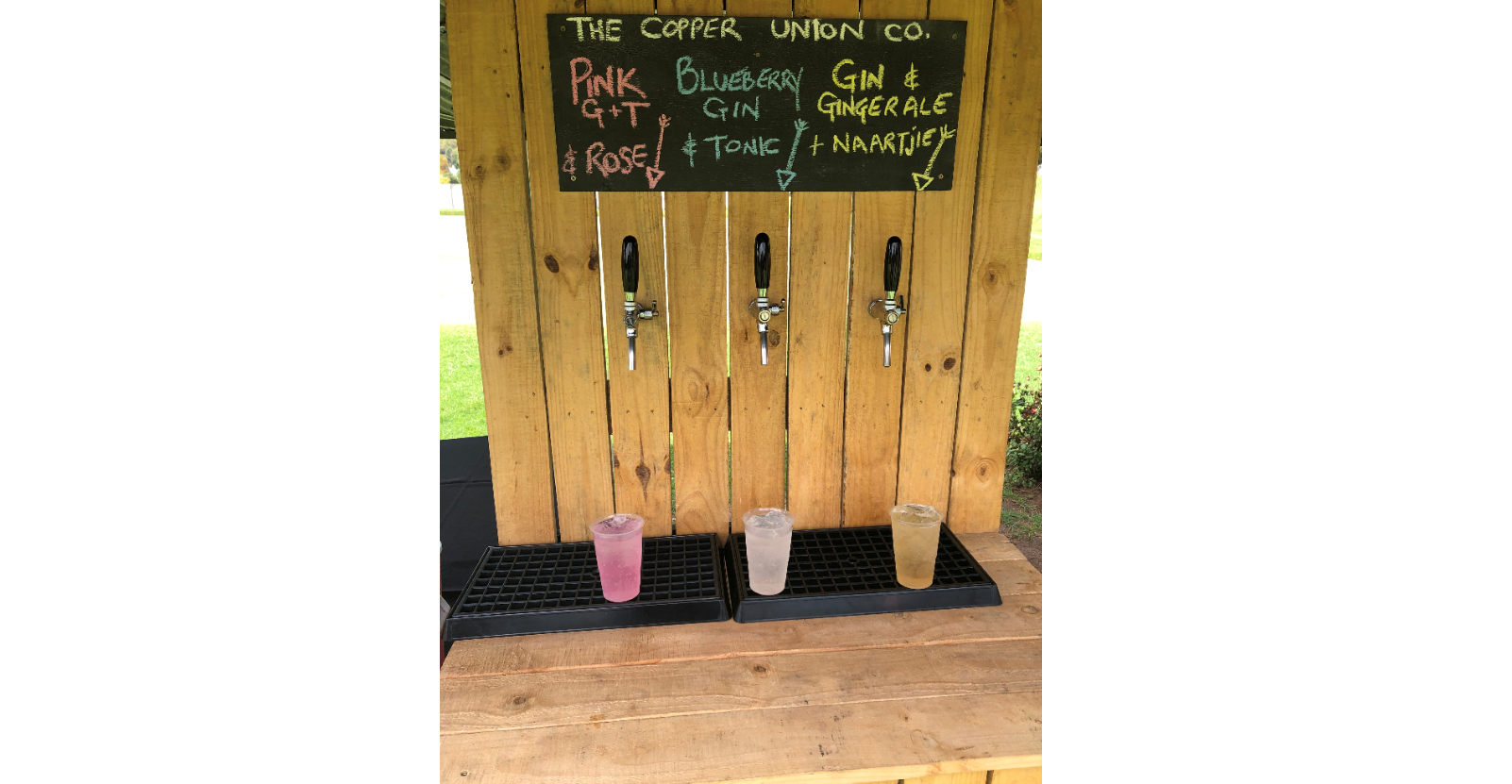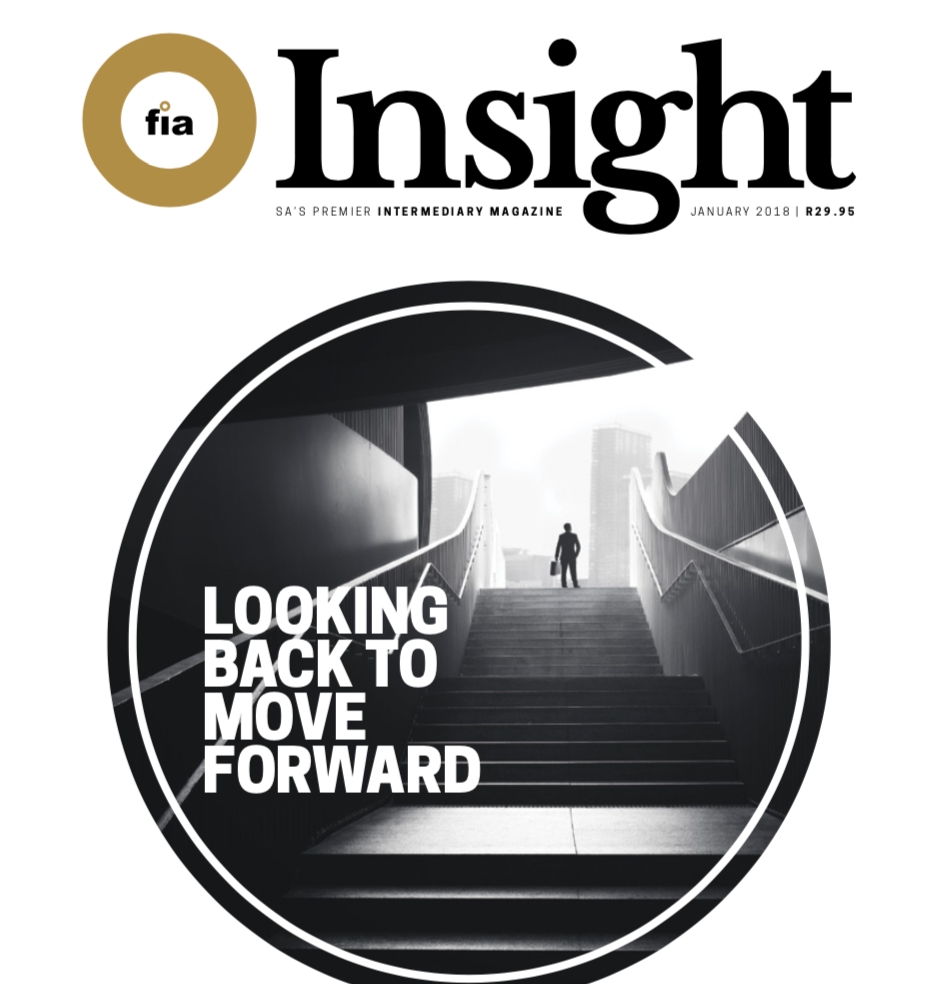Aon CEO shares his views on the state of the insurance market in 2020

Aon South Africa’s 2020 State of the Insurance Market report is out. Here’s Aon SA CEO Terence Williams’s opinion on where the insurance industry stands in a COVID-19 impacted world…
South African businesses operate in a time of unprecedented volatility across economics, demographics and geopolitics and as these risks evolve, business leaders can no longer rely on traditional risk mitigation tactics. Like the rest of the world, the impact of COVID-19 in South Africa has been devastating. The challenges and conditions that existed prior to the pandemic still prevail, however many have now been amplified by the impact of COVID-19 and the worldwide social and economic lockdowns.
The risks faced by businesses of all sizes, and across all sectors, are more complex and integrated than ever. It’s not just about the risk of property, assets, casualty or liability that most of us are familiar with, but risks that touch every facet of a business and its environment. Risk has evolved beyond the traditional loss or theft of property, equipment and other assets, to weather catastrophes, pandemic, cyber hacks, riots, personal liability, fraud, organised crime and class action lawsuits.
The economic, social and political impacts of COVID-19 have cut deeply, while job losses are plaguing the economy as uncertainty runs at unprecedented levels. The emergence of this pandemic has resulted in short-term changes in focus for business across the board and while some of these changes will be temporary, others are likely to prevail and become part of a ‘new normal’.
As definitive trends in risk emerge, sophisticated data and analytics models are providing powerful insights, not only into historical patterns, but also into the future risks facing the business sector. Successful companies will not be the ones that adopt a ‘wait and see’ approach. Instead they will be the ones that prepare themselves thoroughly to anticipate future needs and undertake the difficult process of finding solutions to address them. They will not just fix what is broken but view their new circumstances as a portal to the next generation of business opportunity.
In our 2020 State of the market report, Aon’s risk management experts have surveyed the business and insurance landscapes both globally and locally, and provide ten current and future risk trends that are defining the state of the insurance market, the impact of the COVID-19 pandemic, and what business leaders need to focus on to manage risk exposure and ensure business growth in the current, and coming challenging times.
Aon unpacks the key issues that risk managers will need to navigate to cope with evolving and heavily inter-related complexities in an increasingly challenging business and socioeconomic environment:
1. Risk readiness is falling, but volatility is growing
While volatility is increasing locally and globally, we’re not seeing an increase in risk-preparedness, exposing businesses to the financial implications of uninsured losses. A key concern is that businesses are slow to develop and implement new risk and insurance programmes in the face of evolving risks such as cyber security, political risk and now, pandemic risk. A new lens is needed to match specialised insurance solutions to these evolving risks.
2. A widening skills gap and growing social discontent
Uncertainty and volatility around politics and economics are likely to widen SA’s growing skills shortage as an exodus of skilled people takes place. Companies are under pressure to afford and retain top talent. Furthermore, South Africa’s alarming unemployment rate is likely to drive growing dissatisfaction with the status quo, manifesting in violent protest and strike action which has historically caused significant losses to private and public property.
3. Political Risks are a Global Challenge
Developed nations, which were traditionally associated with political stability, are becoming new sources of volatility and uncertainty that worry businesses. Despite the availability of more data and analytics, and more mitigation solutions, companies are less prepared for political risk than ever before. Concerns over South Africa’s economy, and indeed the world are not going away soon, so organisations should learn from lessons in the past as political uncertainty is one of the biggest enemies of business.
4. Cyber risk is escalating
Remote working and the reliance on digital systems has elevated cyber risk in an already challenged risk environment plagued by a significant increase in frequency and severity of ransomware attacks. As risk grows, so too does awareness, and more and more organisations are looking carefully at cyber risk management.
5. Business Interruption (BI) risks intensify
BI has been on the Top 10 list of risks facing businesses since Aon’s Global Risk Management survey started in 2007. As supply chains have become global, there is increasing interdependency among companies. Such an industrial environment is heavily affected by uncertainties that have the potential to turn into unexpected disruptions. In addition, the focus on inventory reduction and lean supply chains has amplified such potential while the proliferation of cyberattacks has also added new urgency and dimension to BI. In the context of COVID-19, across many geographies, there are ongoing questions and conflicting perspectives concerning Business Interruption coverage. Through test cases locally and globally, the Financial Conduct Authorities (FCA’s) are working towards bringing clarity to many of the key coverage and application of coverage issues. Pandemic exclusions are being applied by many insurers across various lines of business. Aon is working to minimise impacts and advocate for appropriate and fair application.
6. Weather catastrophes to intensify with climate change
Property-related and business interruption losses as a result of fire and weather catastrophes have increased dramatically in South Africa, with 2017 having the highest underwriting losses on record. Despite the fact that storms, floods, tornados and fi res increasingly account for the lion’s share of local property and business interruption insurance claims, businesses are increasingly underinsured for the financial impact of weather-related – and uncontrollable – losses.
7. Get serious about Directors and Officers (D&O) liability
Major corporate failures, scandals, data breaches and subsequent class actions mean that D&O cover is being called on more than ever before. Australia and the US have seen big increases in class actions and securities claims which have eroded excess layers and impacted the D&O insurance market globally.
8. Digitisation of Business
A robust technical infrastructure and end-to-end digital processes are key elements to safeguard productivity during events such as COVID-19. The insurance industry has expedited digitisation of business and other innovative technologies, focussed on increasing resilience and optimisation of business processes.
9. Trade Credit
South Africa is currently experiencing difficult political and economic conditions, and the occurrence of defaulting debtors on a company’s books is likely to continue in response to the weak trading conditions, exacerbated by an economically devastating pandemic lockdown. It would also be foolhardy to believe that large businesses don’t default on payments as recent corporate failures have shown. Accounts receivable are often the largest uninsured asset on a company’s balance sheet and yet often account for up to 40% or more of a company’s total assets.
10. COVID-19 Uncertainty
The potential for a next wave of COVID-19 continues to create both economic and insurance market uncertainty, both of which impact the current and short-term future claims environment. Coverage questions and limitations related to non-physical damage business interruption continue to dominate industry press, regulatory engagement, political commentary and legal filings. Claims activity in this arena will be ongoing for a significant period of time as coverage is tested in and out of court.
Managing risk and costs is imminently more crucial as the interconnectivity of traditional and emerging risks means organisations can no longer evaluate individual risks in isolation but must look at all the top risks and people in a more holistic way.
While the long-term impact of COVID-19 is still unchartered territory, what is not unchartered is our response to it
The role of professional and qualified advice linked to deep market insights becomes crucial in securing financial security in these challenging economic and socio-political environments, whether you’re are a solo operator or a large commercial operation. We know that COVID-19 and the impact it is and will continue to have across the world for the foreseeable future is still unchartered water. What is not unchartered is our response to it. It is here where Aon’s fact-based insights, processes, skilled people and technology platforms ensure optimal decision making and functionality, and why we remain by the side of our clients during these disruptive times, providing a solutions-based management approach to insurance and advice, combined with a risk management strategy to help you protect your people, assets and brand, now and into the future.
Aon South Africa’s 2020 State of the Market report delves into the intricacies of emerging, interrelated and existing risks that are being amplified as a result of the COVID-19 pandemic. Download the full report here.






